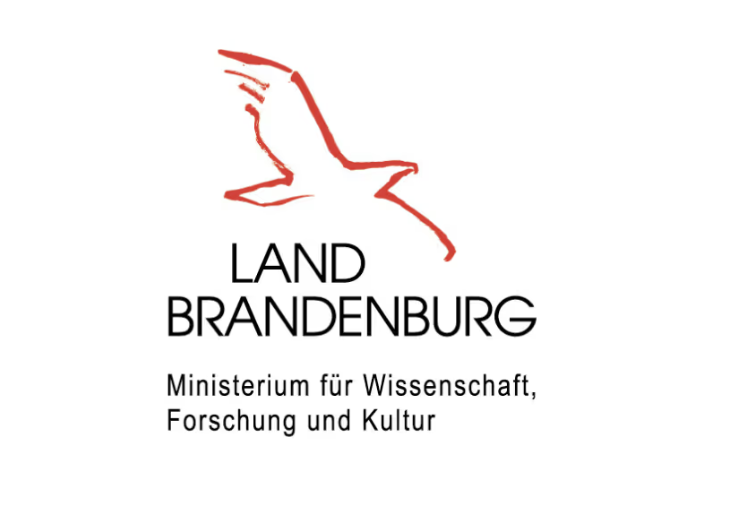Explore our Workshop

About
We are a think and make tank
Think
We want to transform the built environment from a carbon source to a carbon sink. As a recognised research institution, we lead scientific inquiry into the nexus of climate and the built environment.
Our research agenda encompasses a range of topics, including the full life cycle of materials, the necessary material transition in construction, global and regional nature-based supply-and-demand chains and their socio-spatial, environmental, and political dimensions. We explore regenerative design solutions that address the challenges and opportunities in specific regional contexts.
Make
We integrate science-based pathways and solutions with real-world application and experimentation. Our interdisciplinary research informs global demonstration projects, which in turn test and refine our scientific findings.
By means of experimentation with nature-based materials and the implementation of circular building practices, we aim to showcase practical approaches. Our objective is to set new impulses for future-oriented urban planning and a new (re)building culture, and to demonstrate the potential for scalability.
Our Workshop in Berlin
Our Berlin Workshop is a collaborative space for experimentation, design, and implementation, inviting architects, artists, planners and engineers, climate scientists and ecologists for participation. Freed from the constraints of the building regulatory systems, our workshop provides a space to research, develop, and test scalable solutions for regenerative design.

Connect
In the spirit of the original Bauhaus movement, we believe that everything is inherently interconnected. Rather than working in isolated disciplines, we bring together diverse perspectives to gain new, often unexpected insights. Our team combines expertise from the fields of climate sciences, architecture, sociology, politics, urban planning, geosciences, engineering, applied construction and more.
Combined with a global network of partners across governments, research institutions, civil society, and industry, we foster interdisciplinary collaboration across sectors and regions, enabling knowledge-sharing and collective action toward a regenerative built environment.
Our vision
Our goal is a future in which buildings, cities, and landscapes proactively contribute to climate restoration and have a positive impact on our planet and all its inhabitants. We stand for a profound systemic change: the transition to bio- and geo-based materials, circular construction, reuse of existing buildings, recycling, the restoration of biodiversity, and cities and landscapes as natural carbon sinks.
Read more in our Charter


Our mission
Our mission is to transform buildings and human settlements from drivers of climate and societal crises into creative forces for systemic regeneration. Only a complete systemic overhaul of our built environment will prevent a global climate catastrophe.
The cities we live in today were formed using extractive and environmentally harmful methods. If we continue to build as we have, the environmental and social impacts will be devastating. Yet increased urbanization is inevitable: 1.6 billion people live in multidimensional poverty today, and by 2050, another 2.5 billion humans will need housing. Close to sixty percent of the buildings needed in the coming century have yet to be built, the majority in the Global South.
But changing the way we construct and approach the built environment also represents one of our best and greatest opportunities for systemic restoration: If built regeneratively, our cities can act as carbon sinks and create equitable development opportunities. We can do more than become climate neutral—we can be climate positive, create new value systems and promote equitable societies.
Read about our expertise
Our history
2023
Licensing of a new earth block and launch of first Bauhaus Earth Fellowship Program together with Experimental.
2022
"Reconstructing the Future for People and Planet Conference", hosted by Bauhaus Earth and the Pontifical Academy of Sciences, at the Vatican.
2021
On the occasion of ‘Earth Day’, Hans Joachim Schellnhuber
holds a Federal Press Conference on 21 April.
2020
Registration as a non-profit company
and seed funding from Laudes Foundation.
A special thanks goes to
We are grateful to the signatories of the Declaration of Caputh, the initiative circle, and ambassadors, all of whom were instrumental in the founding of Bauhaus Earth.
The role of the built environment and the climate crisis
The built environment is the elephant in the climate room. It is responsible for at least 30 per cent of global waste generation, 40 per cent of all CO2 emissions and more than 50 per cent of global resource consumption - and the trend is rising. And yet, the role of the built environment in the climate crisis is often overlooked.
Learn more






























































































